For the first time in my life I feel I could ask anyone if they have learned anything new in the past few weeks and the answer would be 100% “Yes”.
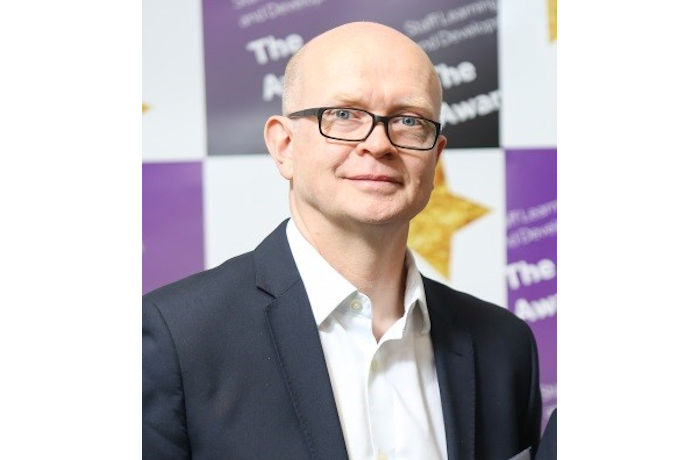

For the first time in my life I feel I could ask anyone if they have learned anything new in the past few weeks and the answer would be 100% “Yes”.
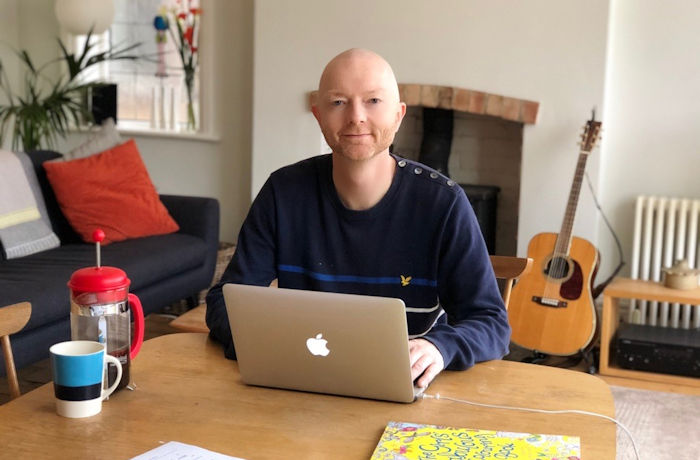
Theories of disasters point out that during major societal crises the needs of individuals and society move closer together: we develop a greater sense of belonging and commonality and we tend to bring out the best in ourselves and our organisations. All of this has been evident across our University community since the extraordinary events brought on by the coronavirus (COVID-19) pandemic.

These last few weeks, particularly the last week or so, have undoubtedly been some of the most unusual and challenging of my entire career, and I am sure many of you feel the same way. These events are truly unprecedented, and moving at an astonishing pace.
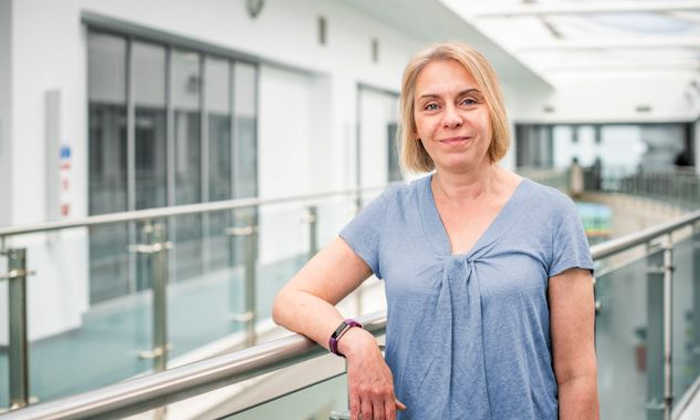
Equality, Diversity and Inclusion (EDI) are principles and values that many of us hold dear. We believe that we act in ways that foster their delivery and that achieving them makes our lives, and our University, a better place. But the reality of our position is different. We have very substantial under-representation of several groups across our staff base. Does this matter?
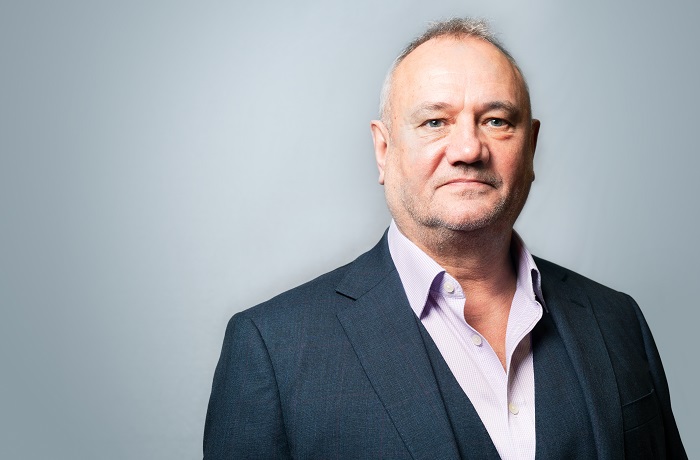
In the higher education sector we’re seeing an upwards trend in the use of digital teaching interventions – to better support learning and to help students develop the skills and experience to use and exploit digital technologies in their chosen field of study and future work.
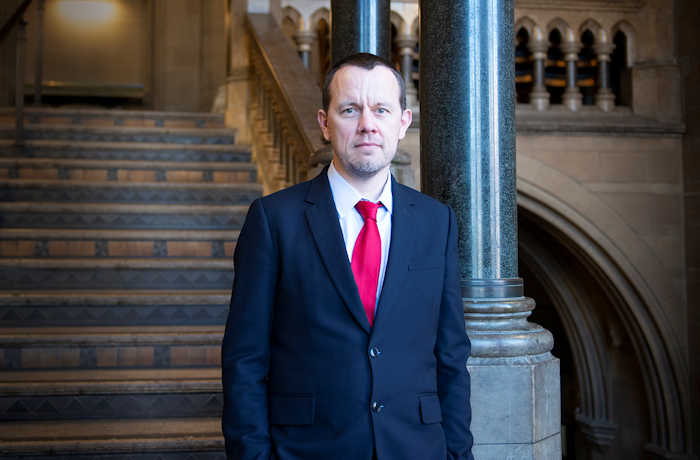
It’s over two years since Nancy asked me to help with the development of our new vision and strategic plan and I clearly remember the key message from our first meeting. This was not a document to be developed in a darkened room by a few people, rather it must be created by engaging as many of our people – staff, students, alumni and stakeholders – as possible.
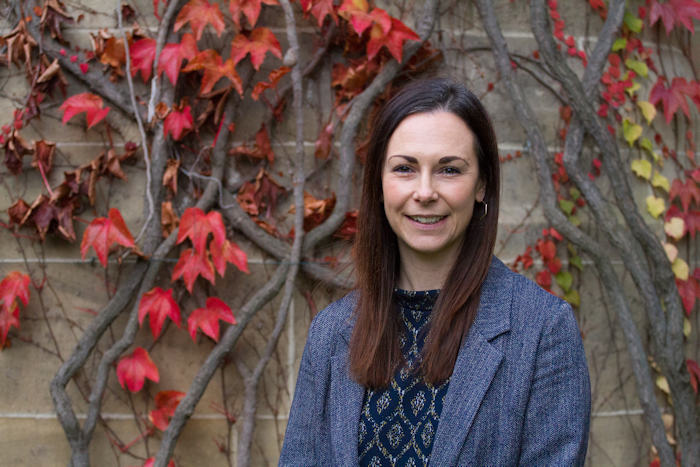
Everyone should have equal opportunity to benefit from higher education if it’s right for them.
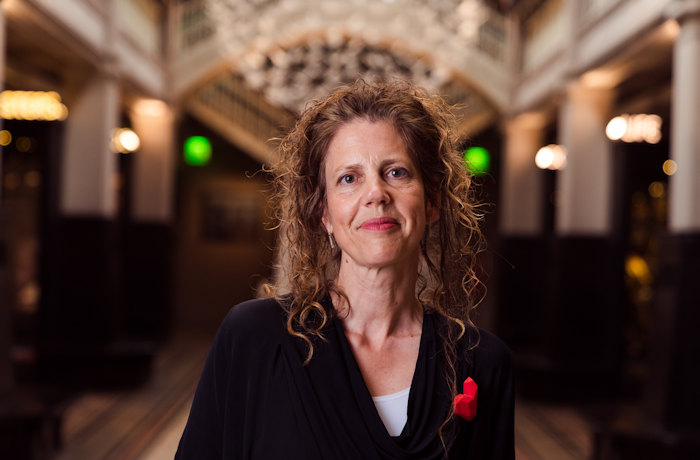
Museums are products of their age, reflecting the preoccupations, politics, obsessions and values of their time. They are not and never have been neutral.

Now that the new academic year is well underway, there’s a real buzz around campus. We all want our students to have as positive an experience as possible throughout the whole time they spend with us, as well as creating better processes and ways of doing things for our staff, saving us time and effort.
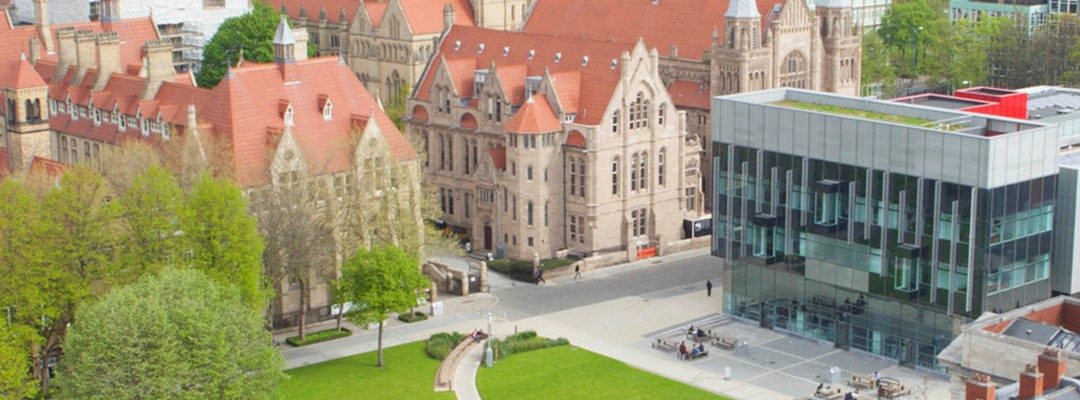
You don’t need me to tell you that mental health is a significant issue – approximately 1 in 4 people in the UK will experience a mental health problem each year [1].